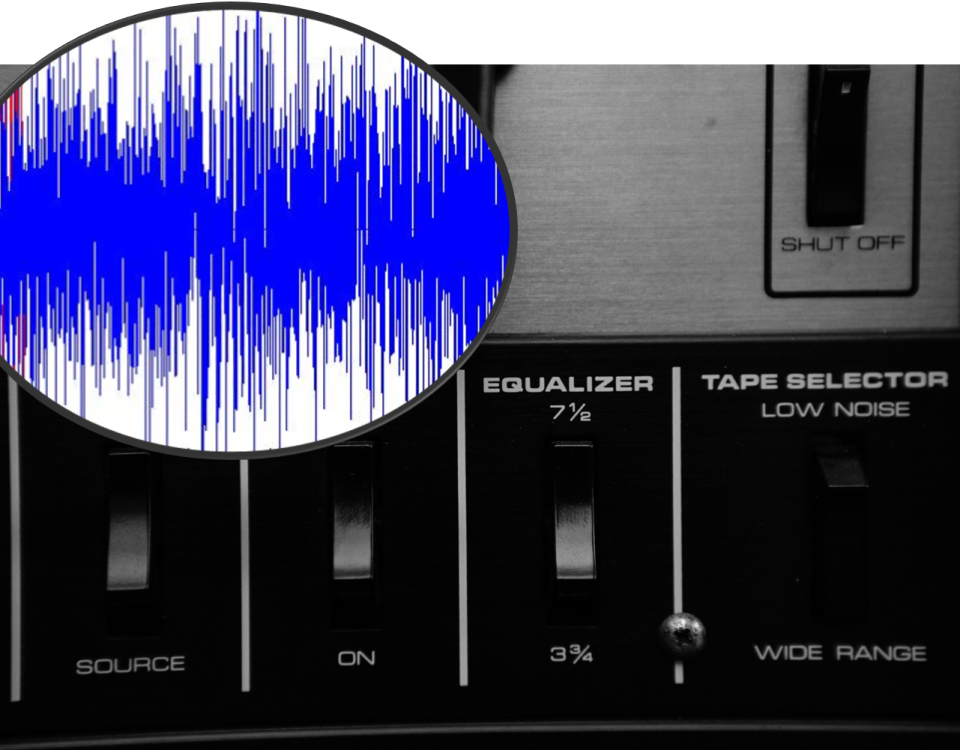
Two ways to strengthen your resilience and better connect to people
24. Mai 2020Let me start with some thought provoking questions to the topic of breathing:
- Are you still breathing? How do you breathe? Are you aware of your breath?
- How does remote work affect your breathing?
- What does stress do to your breathing?
Are you aware of your breath?
When was the last time you observed your breath?
If you are a meditator, you probably use your breath as an anchor to come back if you have been carried away by your thoughts or your emotions. You probably explore your breath during meditation, how the breath enters into your nostrils, how it flows through your body, where it goes to and where it gets stuck because you might have some tensions there.
What about your breathing habits outside of meditation or yoga? How aware are you about your breathing during the day? Do you realize when you breathe fully and in a way that it energizes you? When do you breathe in a shallow way or when do you hold your breath?
Get “unstuck”: breathe and stretch
When we sit for many hours in a row in front of the computer screen, our way of breathing might become shallow. Getting up and doing a quick breathing exercise in combination of a stretching exercise can be a wonderful little treat for your body, your brain and your general well-being. Sometimes we tend to forget this even though we are well aware of the effect it has.
How do you make sure to not to forget to get “unstuck” through breathing and stretching? Let us know in the comments below.
Breathing practices and exercises reduce your stress-level
From research, we know that breathing exercises have a direct, a medium-term as well as a long-term effect on our stress-level and the perception of our stressors.
Even if you only do breathing exercises in low dose, it can still reduce your stress (see for example: Klatt, M. D., Buckworth, J., & Malarkey, W. B. (2009). Effects of Low-Dose Mindfulness-Based Stress Reduction (MBSR-ld) on Working Adults. Health Education & Behavior, 36(3), 601–614. https://doi.org/10.1177/1090198108317627).


